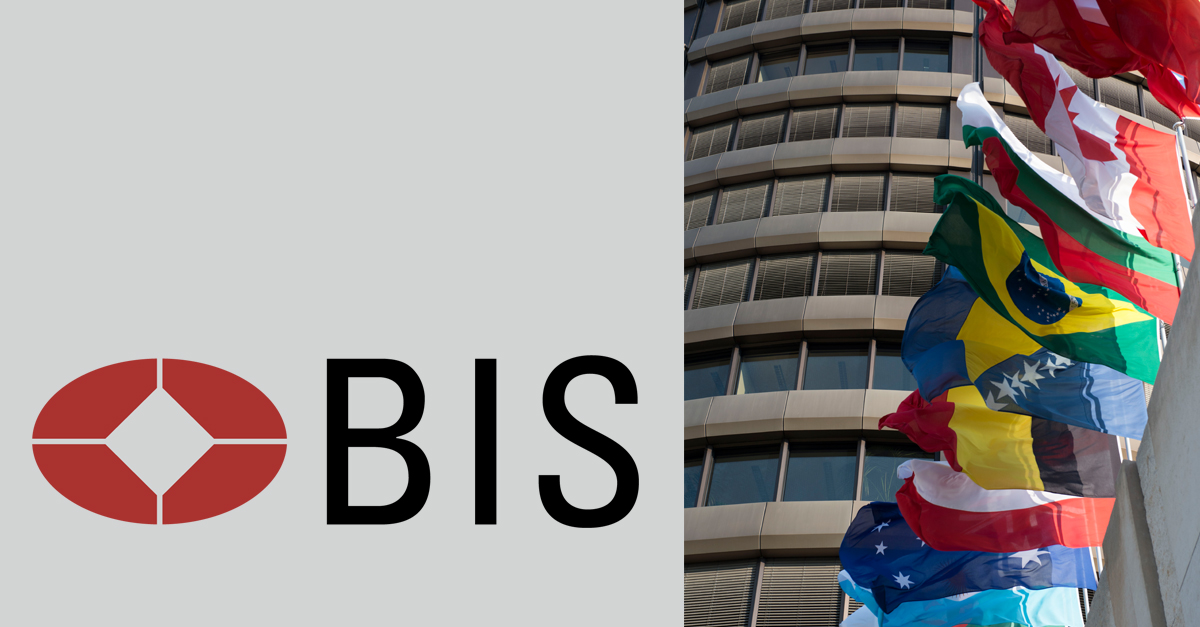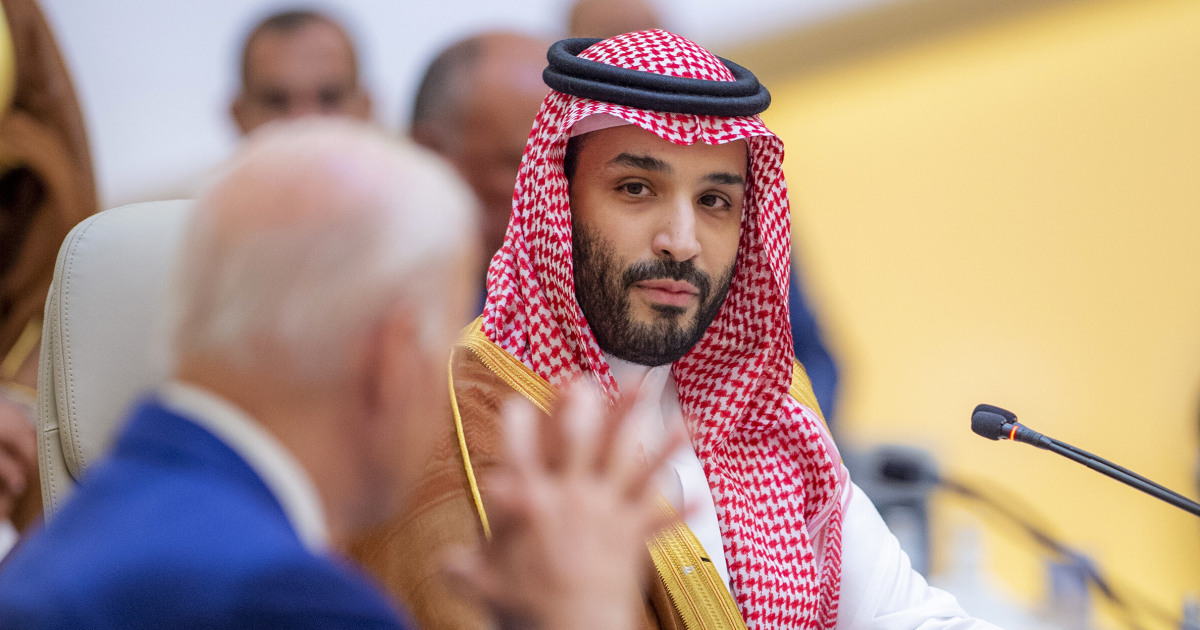...
Not sure if Mr. Escobar actually knows something that isn't public knowledge, or just echoing what's already known about the BRICS wanting to set up a bloc payments system.
Pepe's latest:
Welcome to The Unit – a concept that has already been discussed by the financial services and investments working group set up by the BRICS+ Business Council and has a serious shot at becoming official BRICS+ policy as early as in 2025.
...
... the Unit proposes a reliable, quick and economically efficient solution for cross-border payments. The - transactional - Unit is a game-changer as a new form of international currency that can be issued in a de-centralized way, and then recognized and regulated at national level.
...
It is indeed a new concept in terms of an international currency - anchored in gold (40%) and BRICS+ currencies (60%). It is neither crypto nor stablecoin ...
...
And now comes the clincher: the Unit has already received backing by the BRICS Business Council and is on the agenda at the crucial ministerial meeting in Russia next month, which will work out the road map for the summit next October in Kazan.
That means the Unit has all it takes to be on the table as a serious subject discussed by BRICS+ and eventually be adopted as early as in 2025.
...

De-Dollarization Bombshell: The Coming of BRICS+ Decentralized Monetary Ecosystem
Get ready for what may well be the geoeconomic bombshell of 2024: the coming of a decentralized monetary ecosystem.
I skimmed the Unit's website:

UNIT ecosystem
UNIT ecosystem offers people around the world apolitical money that can be freely bought and sold or used as currency for payments via any open payment and clearing system
I didn't quite understand how the governance for this works or is enforced. It seems like just another stablecoin concept to me, but I didn't really dig into it. If news breaks that the BRICS are giving this serious attention/consideration, I'll definitely try to spend a bit more time learning about it.















